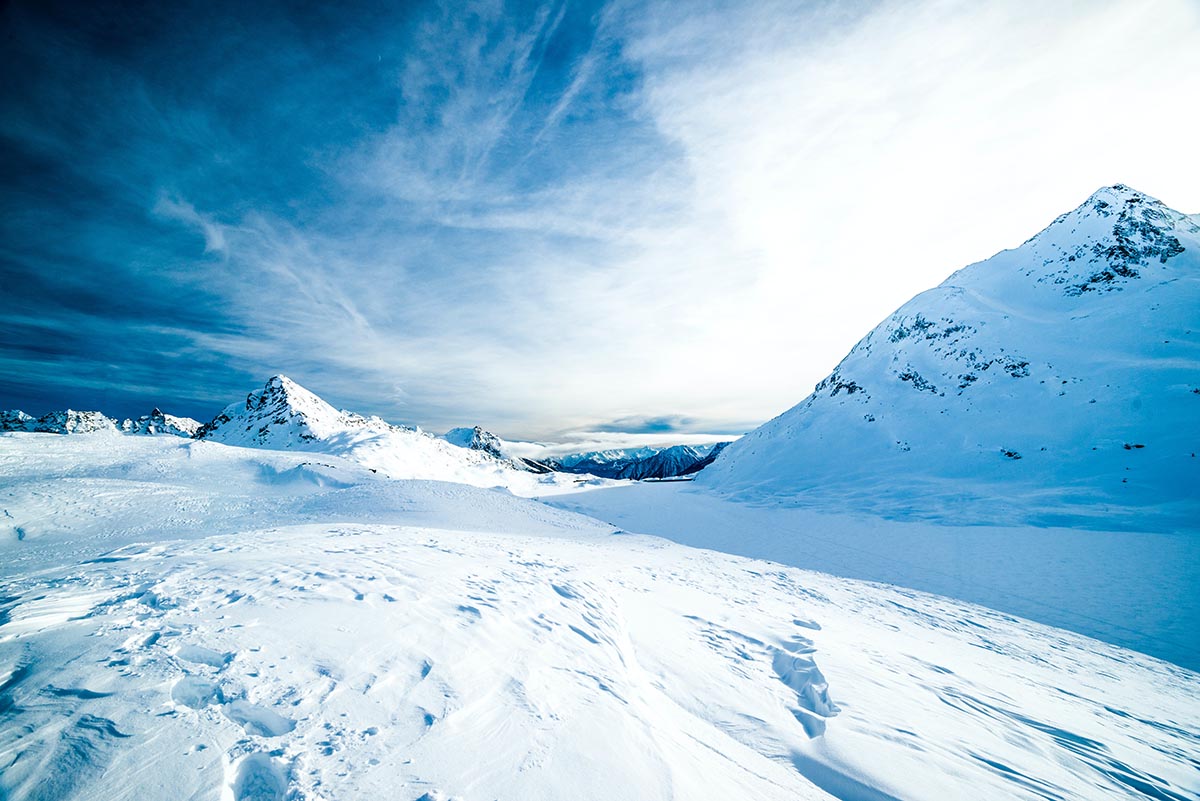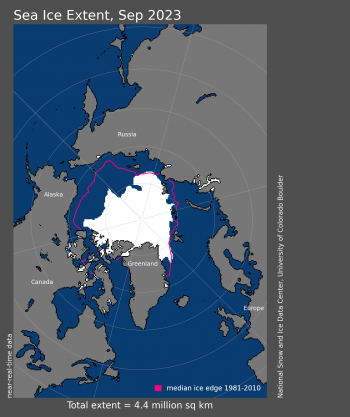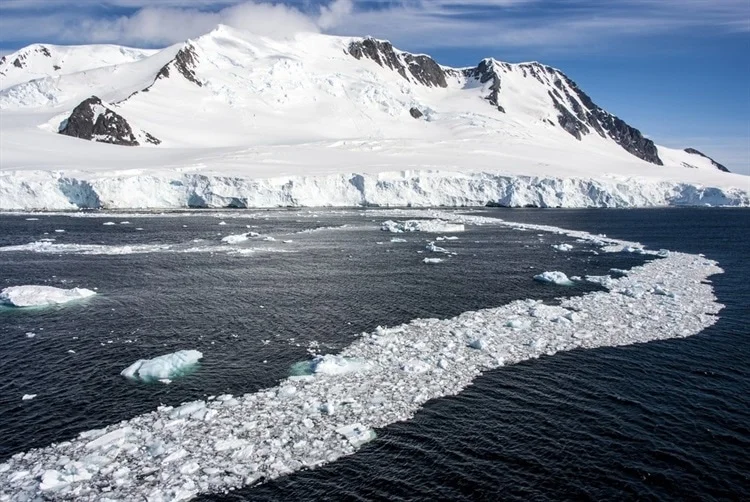“What happens in the Arctic doesn’t stay in the Arctic”: EAC calls for better focus of Arctic issues in Whitehall and funding boost for research
Rising sea levels, contributed to by Arctic ice melting, could risk 1.5 million UK properties flooding, with growing evidence suggesting that changes in the Arctic could make weather events in the UK more extreme.
The End of Arctic Exceptionalism
Following the invasion of Ukraine, the region is reproducing deep divisions between Russia and the West in lower latitudes.
The Arctic This Week Take Five: Week of 9 October, 2023
Biological Particles Contribute to Arctic Cloud Formation
The Arctic This Week Take Five: Week of 2 October, 2023
France’s Nuclear Submarine Docks in Tromsø, Shows Increased Commitment to Security in the Arctic
Time for Systems Thinking in the Arctic? The Need for Aligning Energy, Environmental and Arctic Policies in the European Union
The Arctic has drawn attention of many state actors around the world, predominantly those with territory within the Arctic Circle or those bordering the circumpolar region. Different stakeholders within the region have dissimilar interests. On one hand, the Arctic is…
The Sun sets on the Arctic melt season
A few days after the annual Arctic sea ice minimum extent was reached on September 19, the sun set at the North Pole, aiding sea ice growth. Arctic sea ice extent has grown at a fairly slow pace, leading to the…
The Arctic This Week Take Five: Week of 18 September, 2023
Russia Routes Unreinforced Oil Tankers Through Northern Arctic for First Time As reported by the Barents Observer on September 12, Russia has authorized unreinforced oil tankers to carry out a 3,500 mile journey along Russia’s northern coast to China. Departing…
Protected: Antarctic sets a record low maximum by wide margin
Enter password This content is password protected. To view it please enter the password below: Password:
Could We Refreeze the Arctic Ice?
A major consequence of the ongoing climate change is the swift reduction in the extent of the Arctic sea ice cover witnessed over the past few decades. The melting ice and disintegration of glaciers in regions with elevated latitudes have…





